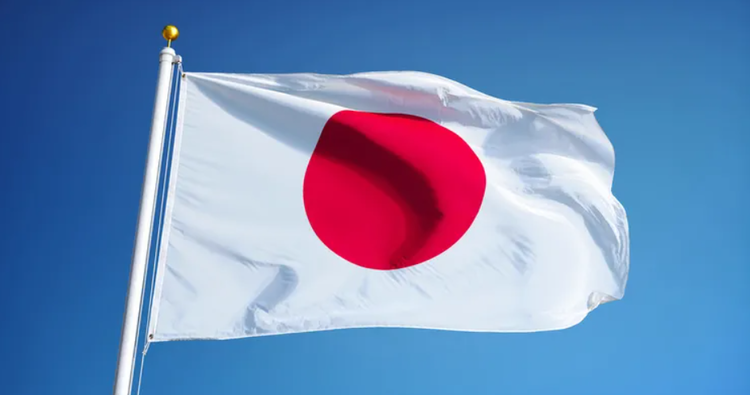Japan’s Ministry of Defense has submitted a record-breaking budget request of 8.8 trillion yen ($59.9 billion) for the fiscal year commencing April 1, 2024. This request surpasses the previous year’s record of 8.7 trillion yen and underscores Japan’s evolving defense posture in response to what it perceives as a “severely intensifying security environment.” This substantial increase comes amidst growing regional security concerns, including an increasingly assertive China and North Korea’s ongoing missile tests, driving Japan to bolster its defense capabilities and move away from its traditionally pacifist stance. A key component of this budget request is a significant investment in drone technology, aimed at enhancing surveillance, reconnaissance, and potentially offensive capabilities. This shift marks a notable departure from Japan’s post-World War II defense posture, which has primarily focused on self-defense.
The proposed budget reflects a significant shift in Japan’s security strategy, moving beyond its traditional focus on defensive measures. This change is fueled by a complex interplay of geopolitical factors, including China’s growing military presence in the region, North Korea’s continued nuclear and missile development, and Russia’s ongoing war in Ukraine. These developments have led to heightened anxieties in Japan about the stability of the regional security landscape and the potential threats to its national interests. The investment in drone technology is a particularly noteworthy aspect of this shift, signaling Japan’s intention to acquire more advanced and versatile military capabilities. This move aligns with the broader global trend of increasing reliance on unmanned aerial systems for a wide range of military applications.
Japan’s decision to significantly increase its defense spending and invest heavily in drone technology represents a major departure from its post-World War II security policy, which has been largely constrained by its pacifist constitution. Article 9 of the constitution, adopted in the aftermath of the war, renounces war as a sovereign right of the nation and the threat or use of force as means of settling international disputes. This constitutional constraint has historically limited Japan’s military capabilities to defensive measures. However, the evolving regional security dynamics have prompted a reinterpretation of Article 9, allowing for the development of “counterstrike capabilities” and a more proactive approach to defense.
The substantial increase in defense spending also underscores Japan’s growing commitment to strengthening its alliances and partnerships, particularly with the United States. The strengthening of the U.S.-Japan alliance is seen as crucial for maintaining stability and security in the Indo-Pacific region. This enhanced cooperation includes joint military exercises, intelligence sharing, and collaborative development of defense technologies. The investment in drone technology could further enhance interoperability between the two militaries, allowing for more integrated and effective responses to regional security challenges.
The move towards a more assertive defense posture, however, is not without its domestic and regional implications. While public support for increased defense spending has grown in recent years due to the perceived security threats, there are still concerns about the potential for an arms race and escalating tensions in the region. Neighboring countries, particularly China and South Korea, are closely watching Japan’s military buildup, and this may influence their own defense spending and strategic decisions. The potential for miscalculation and escalation remains a significant concern, highlighting the need for careful diplomacy and communication to manage regional security dynamics.
Japan’s record defense budget request and its focus on drone technology reflect a profound shift in its security strategy, driven by the evolving geopolitical landscape and growing regional security concerns. This move signifies Japan’s determination to play a more proactive role in maintaining regional stability and protecting its national interests. While this increased investment in defense capabilities is seen as necessary by the Japanese government, it also raises important questions about the long-term implications for regional security and the potential for escalating tensions. Balancing the need for enhanced defense capabilities with the imperative of maintaining regional stability will be a critical challenge for Japan in the years to come.


